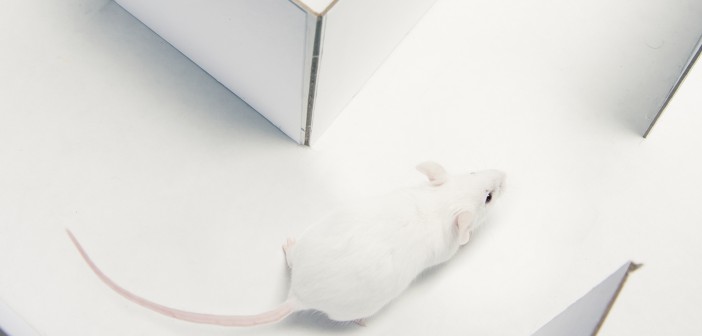We can ask the great thinkers: “What is the most important thing?” Pema Chodron, beloved Buddhist nun and teacher, would answer simply: “Just leave a little gap, and you’ll discover the magic of life; when you are in touch with the larger environment, it can cut through your cocoon mentality.”
You do not need to be in a yoga class to stop racing around; you can stop anywhere and open up to three conscious breaths. This simple pause is the gap that will break your habitual pattern of multi-tasking, auto-pilot and ego-clinging, which reduces the mind to self-involved discursive thoughts, plans and worries. Pausing opens you up to the immediacy of your experience, dropping momentarily the story line you work so hard to maintain. These breaths will bring you back to your human being. We hit the floor running and drop dead-tired each night, only to wake sleep deprived and driven to repeat the process. Our lifestyle has become, as described by the late B.K.S. Iyengar, “one of working our imbalances out on others.”
When we can accomplish this spontaneous attention, our perspective becomes less myopic and more panoramic. We are no longer consumed with ourselves and disconnected, but interactive and connected with all forms of life. When you become conscious of how you are choosing to walk the planet, a sense of awe returns to your life. The compassionate poet and Zen master, Thich Nhat Hanh, encourages mindfulness through meditative walks. If you are one who finds it difficult to sit quietly and remain conscious, take a slow walk, purposefully stepping for those who cannot. This will bring you to an appreciation of your own freedom of movement, while gaining compassion for those around you.
In answering the question, “What is the most important psychological benefit the practice of yoga has provided you?” current students of The Yoga Loft responded:
- “It relieves you from constantly thinking. It keeps you in the moment.”
- “Yoga is a good de-stressor in this world of information overload. Taking time to tame the mind — even for a few seconds or minutes — helps me center myself.”
- “I can now easily fall asleep by using deep breathing techniques.”
- “I have become more aware of my posture, I feel more alert, and I feel better about myself.”
- “Yoga gives you a moment to slow down and reflect.”
- “Self-consciousness is going away, I can stand more easily in my own power, being all I can be.”
- “Yoga has taught me to take time to consciously breathe when stressed.”
- “Yoga has allowed me to gently discover my own imbalances, more closely observe my defeating and fearful thoughts, and the group support builds confidence.”
- Yoga is an internal hygiene, both mental and physical. For further reading, check out “Potential Self-Regulatory Mechanisms of Yoga for Psychological Health” published in the September 2014 issue of Frontiers in Human Neurosciences. With this research, it is clear that yoga practitioners feel an enhanced sense of well-being and belonging.
- Avoid the unnecessary coronary attitude of stress. Learn how to alleviate suffering, so that you can mentally and physically thrive. You can choose one or several of the process tools – or limbs – of yoga to begin your “balance of being.”
So, whether you choose to pause for a little while on your yoga mat, or take a walk, or sit to meditate, or stand and consciously breathe, or mindfully peel a potato, or realize that life as we know it, is short … our choice is clear … we just need to pause long enough to make one.








